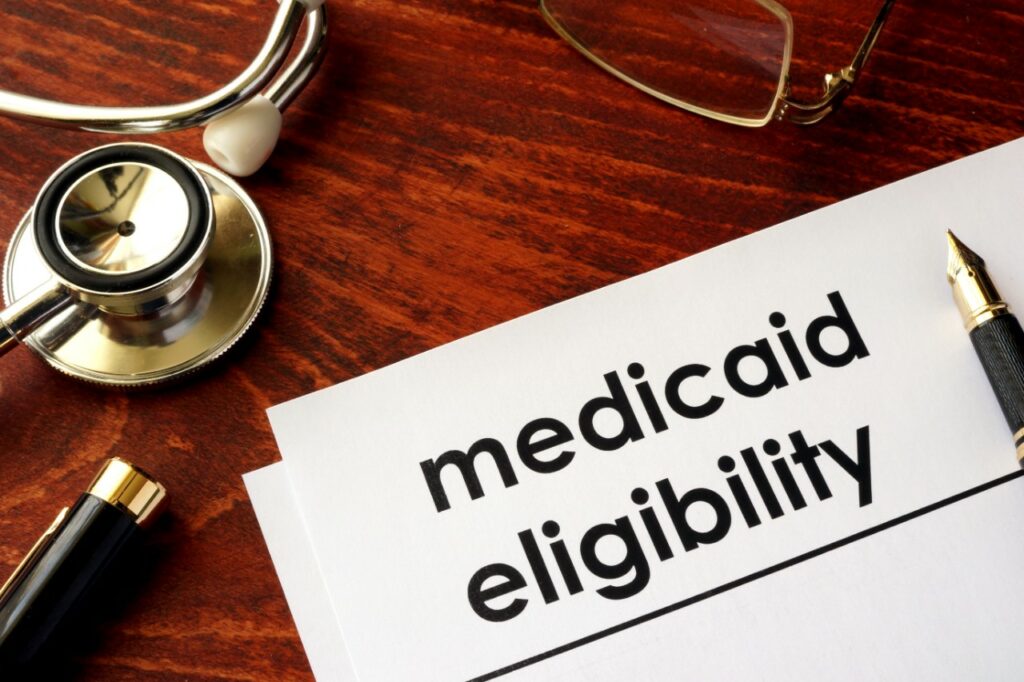Often, when I work with children who have elderly parents, or the senior individuals themselves, I find them struggling with long term care planning concepts, including Medicare and Medicaid.
Defining the Concepts
Most people have a difficult time with long term care planning concepts, including Medicare and Medicaid, and don’t understand how it all works. Some people mistakenly believe that Medicare pays for long term care and others believe they could never qualify for Medicaid because of the amount of their belongings.
Medicare is actually a federal program that provides health coverage if you are 65 or older, or if you are under 65 and have a disability, and it is not based on your income. Medicaid is a state and federal program that provides health coverage if you have a very low income.
Here in New York, Medicaid has two programs, to assist individuals with long term care, if they qualify medically and financially. Community Medicaid provides financial assistance, which pays for a home health aide. Nursing Home Medicaid pays for institutional nursing home care. If you, or a loved one, are looking to shelter your assets and plan ahead, for the possibility of needing a home attendant or a nursing home facility, or if you need to plan for immediate care, it is important to understand the difference between these two programs.
Financial Criteria
In order to be financially eligible for either the Community Medicaid program or the Nursing Home Medicaid program, the amounts of income and assets, also known as resources, you may have are limited. For both programs, this year, 2020, you cannot have more than $15,750 in resources as a single person, and $23,100 if you are married and both spouses are receiving Medicaid.
Resources
With respect to a person’s resources, their home is often their biggest asset and may be at risk. If you own a home, it will not be counted as a resource by Medicaid and may be considered exempt, if it is worth less than $893,000. When Nursing Home Medicaid is provided for an ill spouse, a home may not be exempt, regardless of the value, unless it is occupied by a well spouse, minor, disabled or caretaker child. This means that after a person passes away, Medicaid takes action to recover the amounts paid for the ill spouse’s health care by placing a lien on your home, whether someone lives there or not. By properly planning in advance, you can protect your home, qualify for a Medicaid program and avoid Medicaid recovery.
Income
A person’s income is also considered when determining financial eligibility. This year, 2020, an individual can have $859 per month. Couples who both receive Medicaid can have up to $1,267 per month. However, here in New York it is still possible to qualify for Medicaid, if your income exceeds these levels. If you, or a loved one, are looking to apply for Community Medicaid, you may qualify by transferring the excess income to a pooled trust. This excess income can be used for your needs. If you are looking to apply for Nursing Home Medicaid, the excess income would be used to pay the facility towards the cost of care.
Resources and Income
Many people have resources that exceed the eligibility limit. If you are considering qualifying for Community Medicaid, you can spend down your assets or transfer them to a trust. However, for Nursing Home Medicaid, there is a five-year look-back period, where all gifts and transfers to a trust or elsewhere, are reviewed and may result in a period of ineligibility. There is no look-back period for Community Medicaid.
If there is a situation with a well spouse and a spouse needing Nursing Home care, the income and resources the well spouse can have is more than what’s allowed if both spouses needed Nursing Home Care. But, the well spouse is expected to provide for the Nursing Home spouse’s care with amounts that exceed what the well spouse can have, according to Medicaid rules. The well spouse can have a Community Spouse Resource Allowance (CSRA) of $74,820 or half of the couple’s resources up to a maximum of $128,640, this year, 2020. The well spouse may have their own income, but income is considered owned by each spouse equally. The well spouse can keep up to $3,216 per month. Medicaid may request income amounts above this limit to assist in payment for the cost of care for the ill spouse.
Conclusion
The rules for Medicaid eligibility are not simple to understand. You need a counseling-based estate planning attorney to assist you in designing a long-term care plan that is best for you.
Don’t wait for tragedy to strike. Call today 718-514-7575 or email [email protected].
Monet Binder, Esq., serves Brooklyn, Queens, and Long Island, dedicated to protecting families, their legacies, and values. All halachic documents are approved by the Bais Havaad Halacha Center in Lakewood, under the direction of Rabbi Dovid Grossman and the guidance of Harav Shmuel Kaminetsky, shlita, as well as other leading halachic authorities. To learn more about how a power of attorney can help you, you can send her an email at [email protected] or call 718-514-7575.
The information in this article is intended solely for your information. It does not constitute legal advice, and it should not be relied on without a discussion of your specific situation with an attorney.











